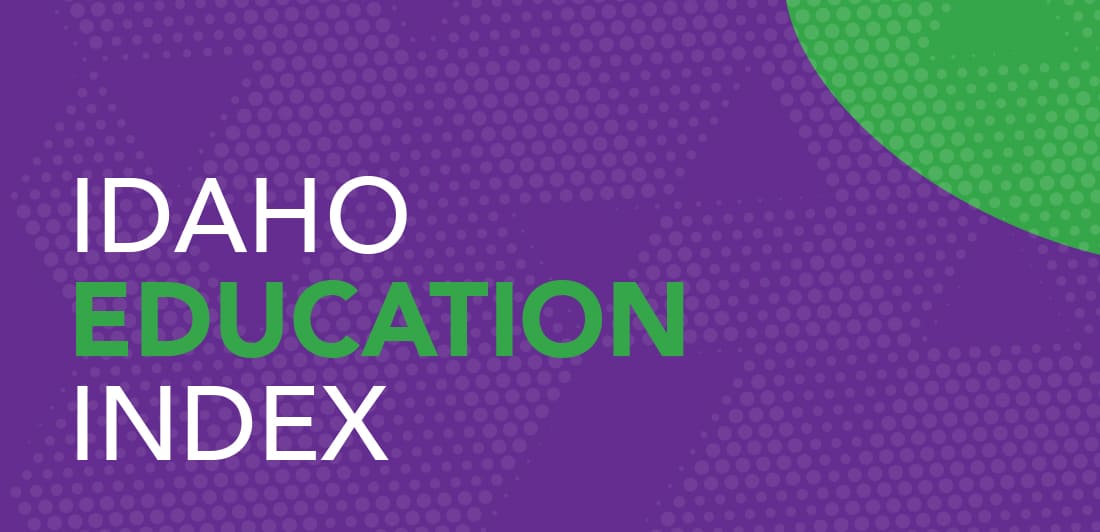Bill Description: House Bill 163 addresses parental rights in the public school environment and would require districts to adopt policies requiring schools to take or abstain from taking certain actions with respect to parental involvement.
Rating: +1
Does the bill create more transparency or accountability in public education institutions? (+) Conversely, does the bill reduce transparency and accountability in such institutions? (-)
House Bill 163 would establish that parents have the legal right to file suit against public schools on the grounds that they have violated certain rights. These rights include the right to be notified of health services offered to students, the right to “have reasonable access to observe all school activities during school hours in which the child is enrolled,” and the right to consent to surveys that might elicit sensitive information like political beliefs, mental problems, and financial information from a student. By giving parents a tool to enforce their rights, the bill would make public educational institutions more accountable to their constituents and more accommodating to parental involvement.
Additionally, House Bill 163 aims to prevent districts from engaging in practices they should not be engaging in. For example, under the bill, districts would be prevented from:
- Adopting policies that “prohibit parents or legal guardians from accessing any of their children’s education and health records created, maintained, or used by the public school unless such documentation relates to physical abuse, abandonment, or neglect by the parent or legal guardian.”
- Adopting policies that “prohibit public school personnel from notifying a parent or legal guardian about a student’s mental, emotional, or physical health or well-being” or encourage children to withhold such information.
House Bill 163 would lend more weight to practices districts should be engaging in, including:
- Getting a parent’s permission in advance if a school plans to administer a non-curricular-related survey to students that may elicit information concerning “an individual student’s sexuality, sex, religion, personal political beliefs, mental or psychological problems, personal family information, or individual or family financial information.”
- Creating a process to encourage students to discuss problems relating to their well-being with their parents or guardians.
- Recognizing their responsibility to notify “a student’s parent or legal guardian regarding known changes in the student’s mental, emotional, or physical health or well-being.”
- Reinforcing parents’ fundamental right to decide on matters regarding their child’s education.
- Notifying parents if a school resource officer or other law enforcement official has questioned a child, “unless the child is a victim or suspected victim of physical child abuse.”
- Allowing parents to observe classroom instruction with prior approval from the teacher and principal.
(+1)





